Four months have passed since Mojo Vision emerged from stealth, and we are no closer to seeing exactly what its "invisible computing" technology looks like.
But we do know that Google is impressed enough to back the technology from the startup, as the company's AI-centric venture fund, Gradient Ventures, joined Advantech Capital, HP Tech Ventures, Motorola Solutions Venture Capital, Bold Capital Partners, LG Electronics, Kakao Ventures, and Stanford StartX in a $58 million Series B funding round.

Mojo Vision has not said that its invisible computing technology will manifest as smart contact lenses, but it has also not said that it isn't.
"The potential for artificial intelligence to provide access to information effortlessly and contextually without distraction is compelling," said Anna Patterson, managing partner of Gradient Ventures, in a statement. "Gradient's investment in Mojo Vision represents our keen interest in using AI to look beyond today's mobile form factors and develop new ways to connect the world to important information."
Comprised of former engineers from Apple, Amazon, and Google, Mojo Vision previously raised $50 million in a Series A round, bringing its total funding to date to $108 million.
The startup aims to build technology and interfaces that give users instant access to information without being tethered to devices, like smartphones, tablets, or even wearables (hence the term "invisible computing").
"Mojo Vision is taking on a big challenge - to rethink how people receive and share information in a way that is immediate and relevant, without diverting their attention," said Drew Perkins, CEO at Mojo Vision. "With this new round of funding, we're excited to have visionary companies and investors support our ongoing development and technology milestones that are essential to making Invisible Computing a reality. In addition to advancing critical technologies, this capital moves Mojo closer to initial customer pilots and strategic partnerships."
Maddeningly, the company still refuses to divulge what form this "invisible computing" will take when it comes to the masses. We only know what that excludes screens. If left simply to speculation, then Google's participation opens up the possibility of delivering information via smart speakers, though that would cancel out the AR aspect.
How else would a company deliver anytime, anywhere access to AR information without screens? Possibly, via contact lenses. And smart contact lenses are another area where Google has dabbled in the past. Furthermore, the involvement of another investor serves to strengthen speculation that Mojo Vision is working on AR contact lenses.
"Advantech Capital is excited to invest in such a bold new augmented reality platform that enables innovative applications for health and wellness," said Benjamin Yumin Qiu, partner and co-head of healthcare investments at Advantech Capital. "The AR industry has seen a number of recent breakthroughs and adoption by Fortune 500 companies, and the talented team at Mojo Vision is looking beyond these advances to build something that today can only be imagined."
Okay, maybe it's a stretch, but, considering the fact that Advantech lists its investment in Mojo Vision under healthcare, and factoring in Google's previous prototype for smart contact lenses... the process of elimination leading AR contact lenses is not the worst guess.
But no matter what form the product takes, it's important to remember that Google has steadily positioned itself as one of the leading companies in terms of strategic investments in augmented reality, with a portfolio that includes Magic Leap, Niantic, Ubiquity6, Blue Vision Labs, CTRL-labs, Resolution Games, and now Mojo Vision.
- Follow Next Reality on Facebook, Twitter, Instagram, YouTube, and Flipboard
- Sign up for Next Reality's daily, weekly, or monthly newsletters
- Follow WonderHowTo on Facebook, Twitter, Pinterest, and Flipboard
Cover image via Estaban Vallejo/YouTube







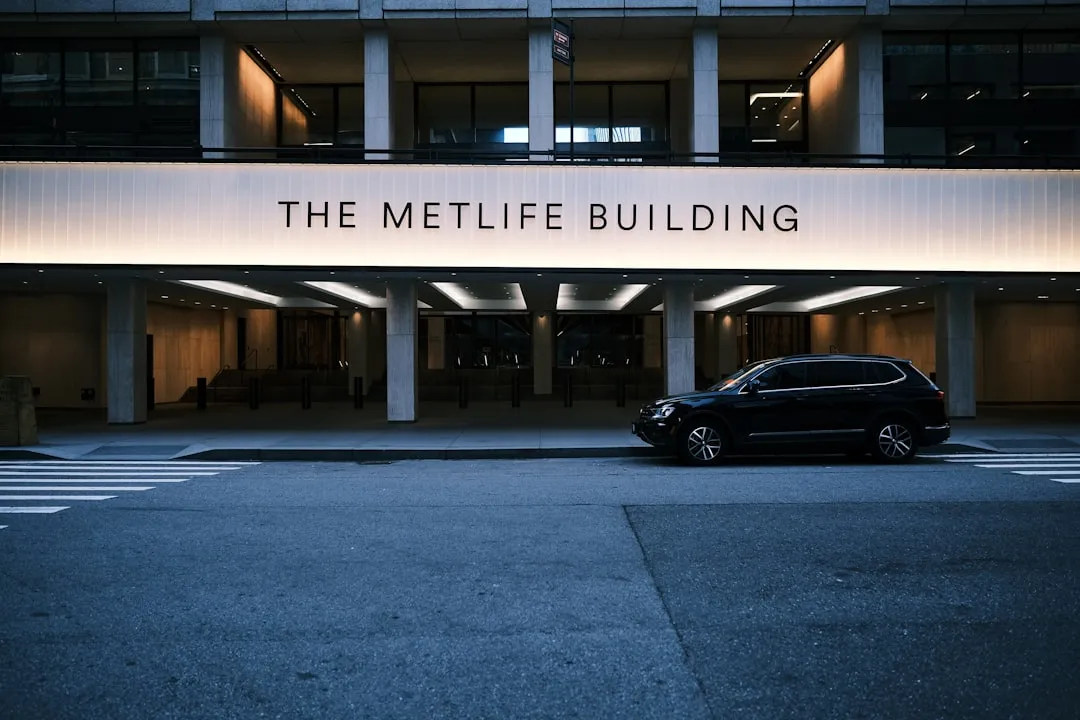



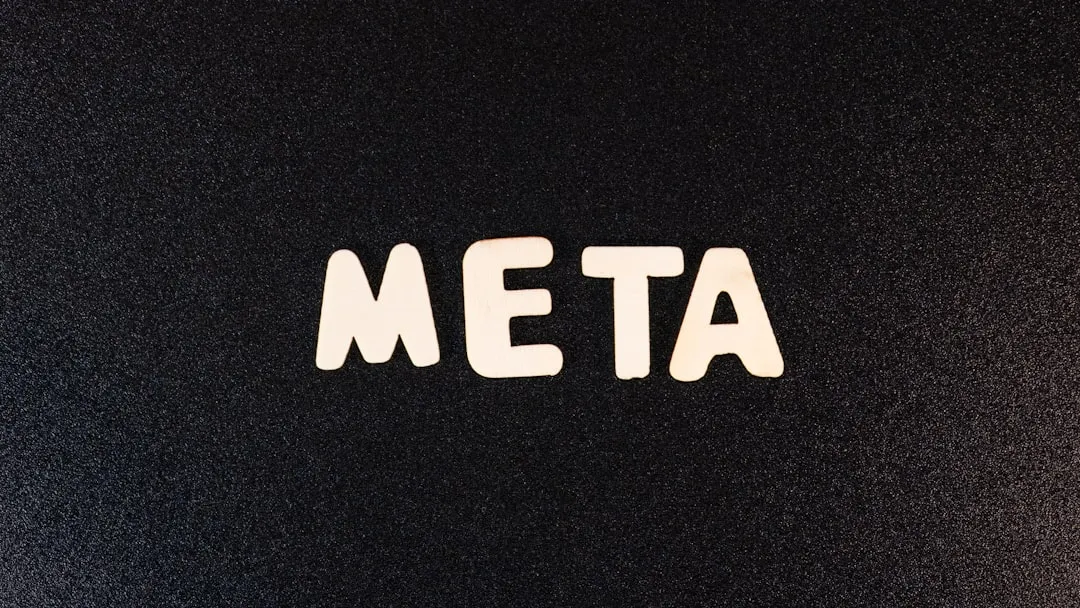




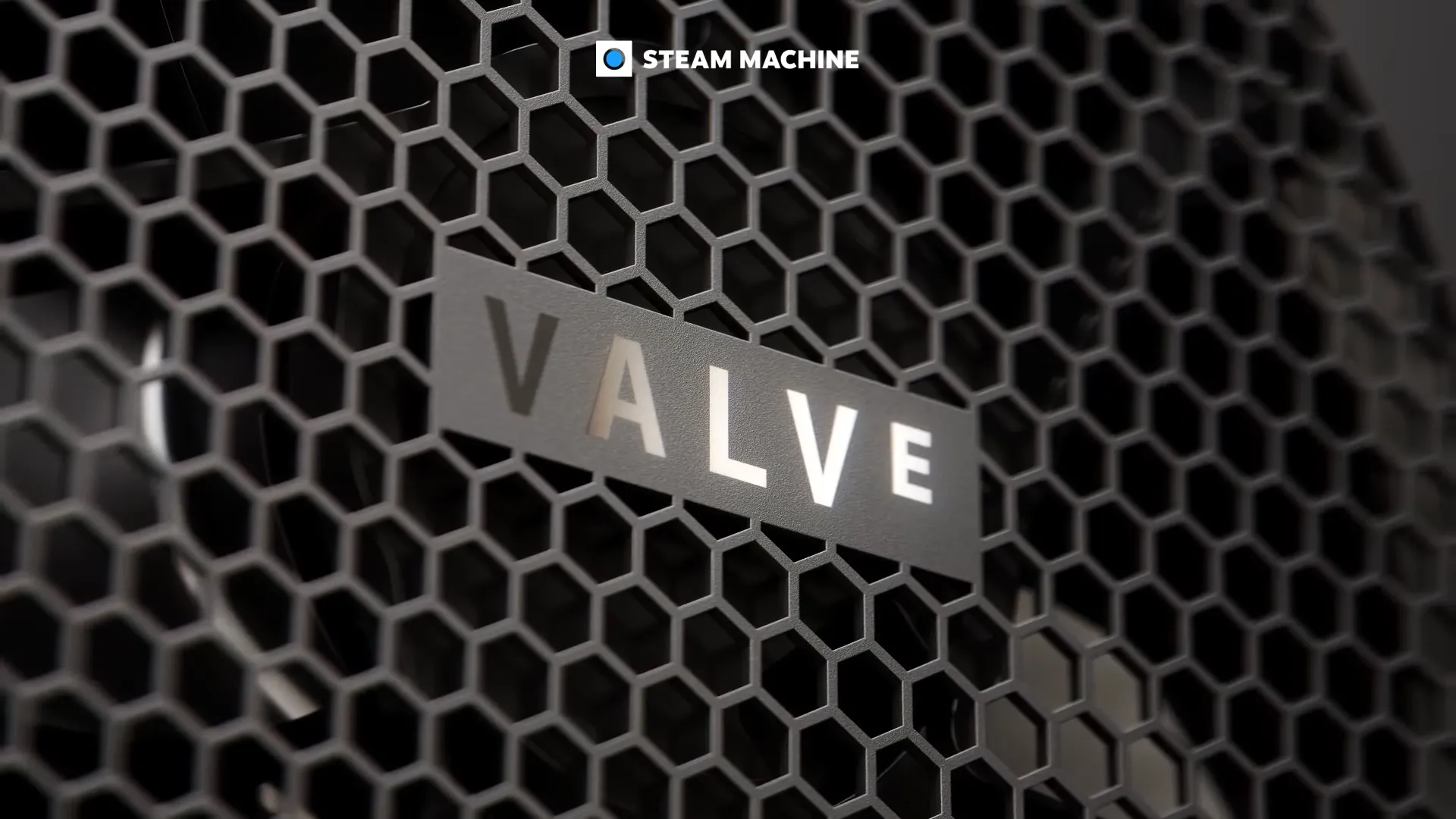
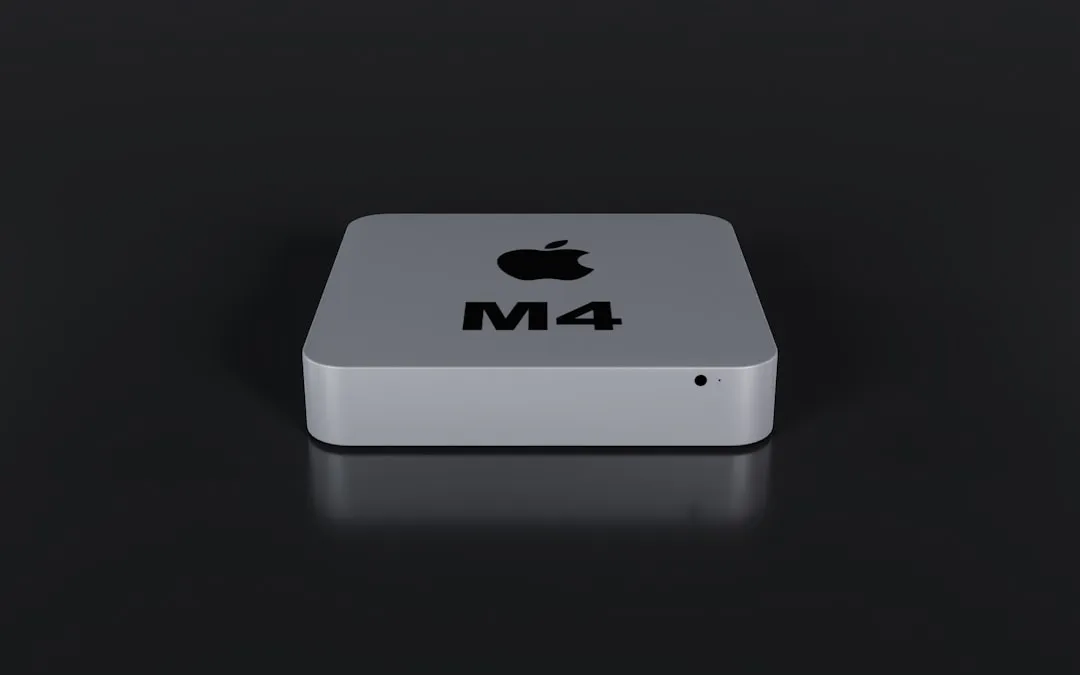
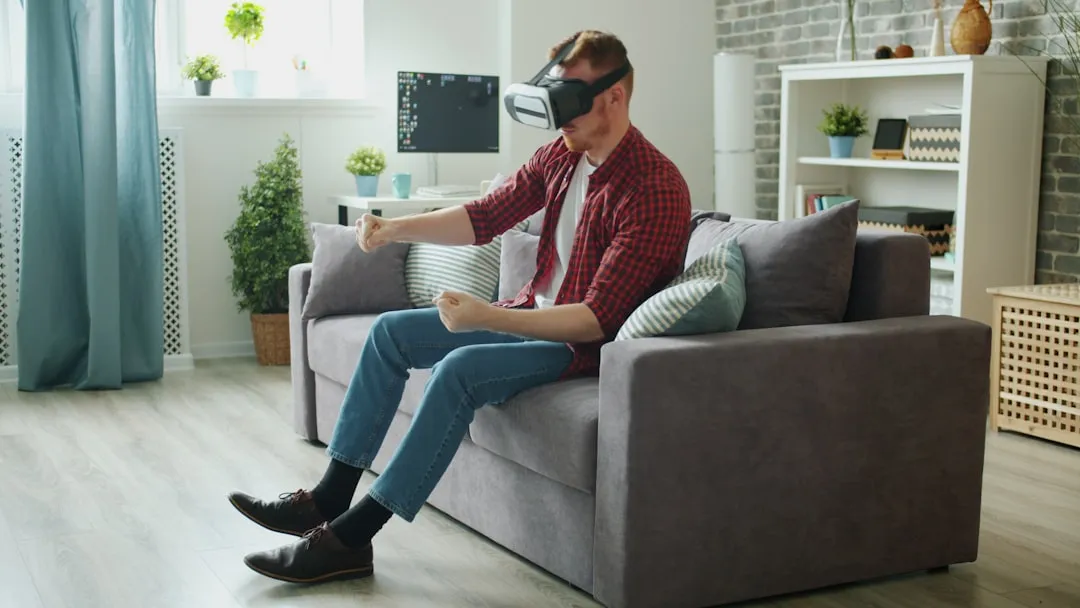
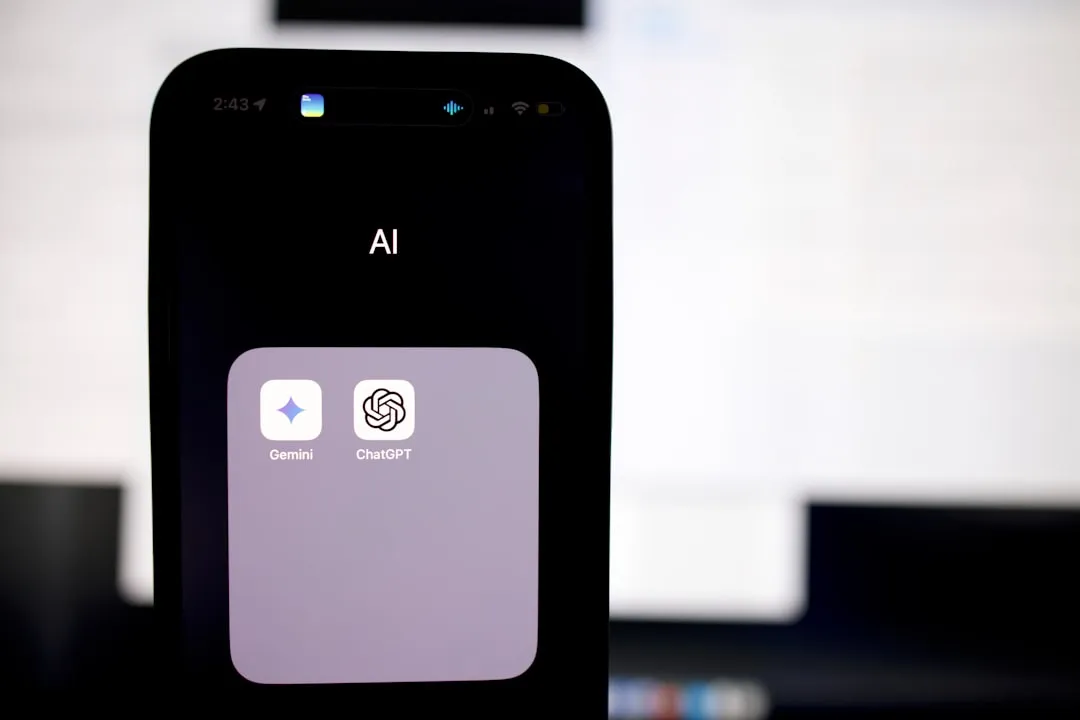
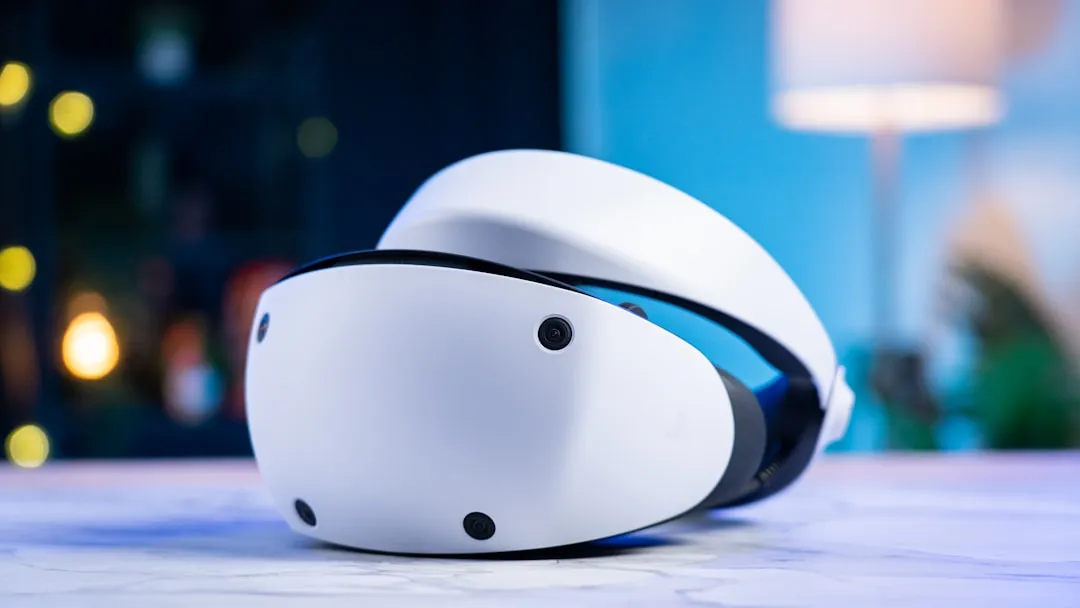



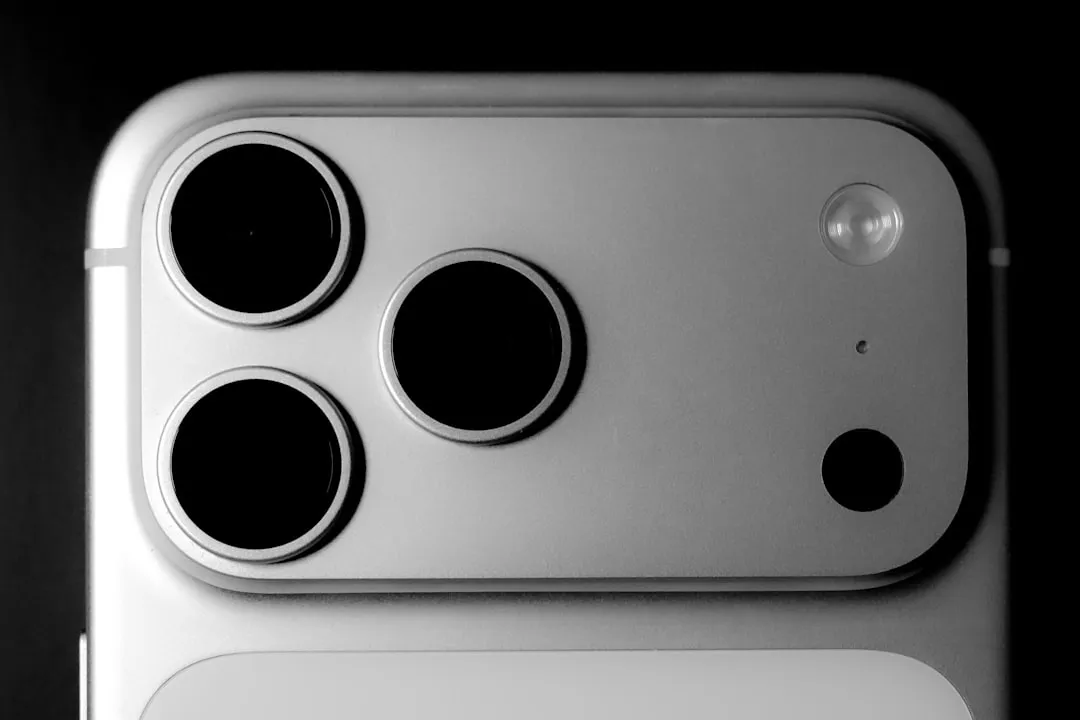

Comments
Be the first, drop a comment!